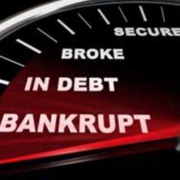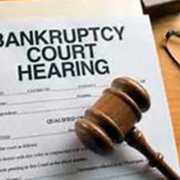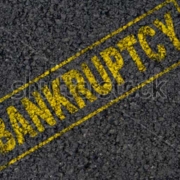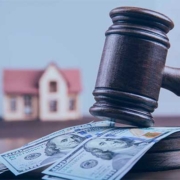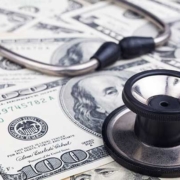Time Limits Between Bankruptcy Filings
/1 Comment/in Bankruptcy, Bankruptcy Middle District Florida/by Carol A. Lawson, Esq.- If you file Chapter 13 within four years of filing Chapter 7, you cannot discharge your debts after you complete the three- to five-year Chapter 13 plan. You can still file Chapter 13 to keep creditors from suing you, garnishing your paychecks, or levying your bank account. You may want to file another Chapter 7 bankruptcy when you have passed the eight-year mark.
- If you file Chapter 13 four years after filing Chapter 7, you can have a very low monthly Chapter 13 payment plan and receive a full discharge of all remaining balances after you complete the three- to five-year plan.
There are some circumstances where you may want to file a Chapter 13 right after receiving your discharge in Chapter 7, even though you will not be eligible for a discharge in Chapter 13. These are called Chapter 20 cases. This would be done to save your home for example, since there is not a way to do this under Chapter 7 if you are behind on payments.
Remember 2-4-6-8!
Two Years – Two years between a prior Chapter 13 bankruptcy case and a new Chapter 13 Case.
Four Years – Four years between a prior Chapter 7 bankruptcy case and a new Chapter 13 case.
Six Years – Six years between a prior Chapter 13 bankruptcy case and a new Chapter 13 case.
Eight Years – Eight years between a prior Chapter 7 bankruptcy case and a new Chapter 7 case.
In some cases you can file a new Chapter 13 before your previous Chapter 13 is discharged. It also is possible to convert your case to Chapter 7 if your financial situation has drastically changed. Give us a call to discuss your particular case at (727) 410-2705.
Carol A. Lawson, Esq., 28870 U.S. Hwy 19 #300, Hodusa Towers, Clearwater, FL 33761
Phone: (727) 410-2705; email: calh@gate.net
Clearwater Bankruptcy Attorney, Clearwater Bankruptcy Lawyer, Clearwater Bankruptcy, Clearwater Estate Planning Attorney, Pinellas Estate Planning Attorney, Pinellas Probate Attorney #FileLocallyDontOverpay #ClearwaterBankruptcy #ClearwaterBankruptcyAttorney


